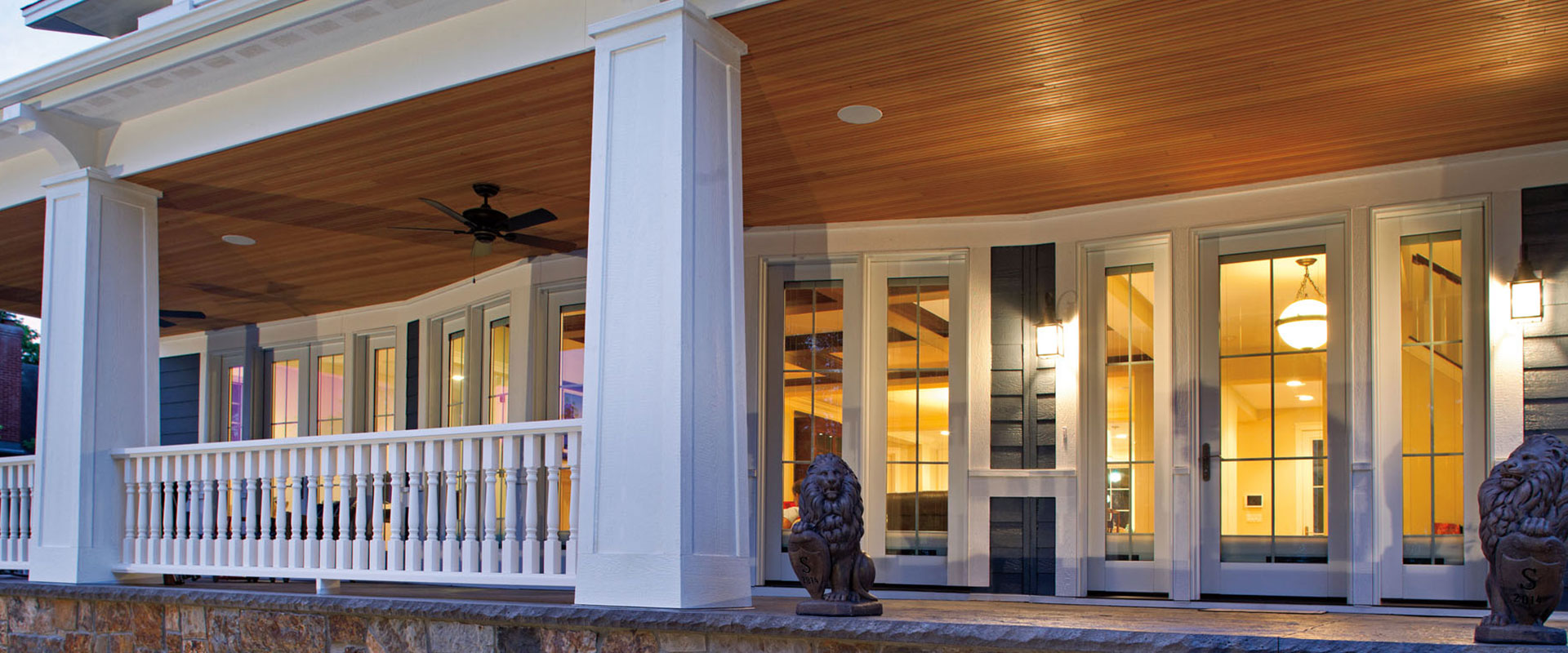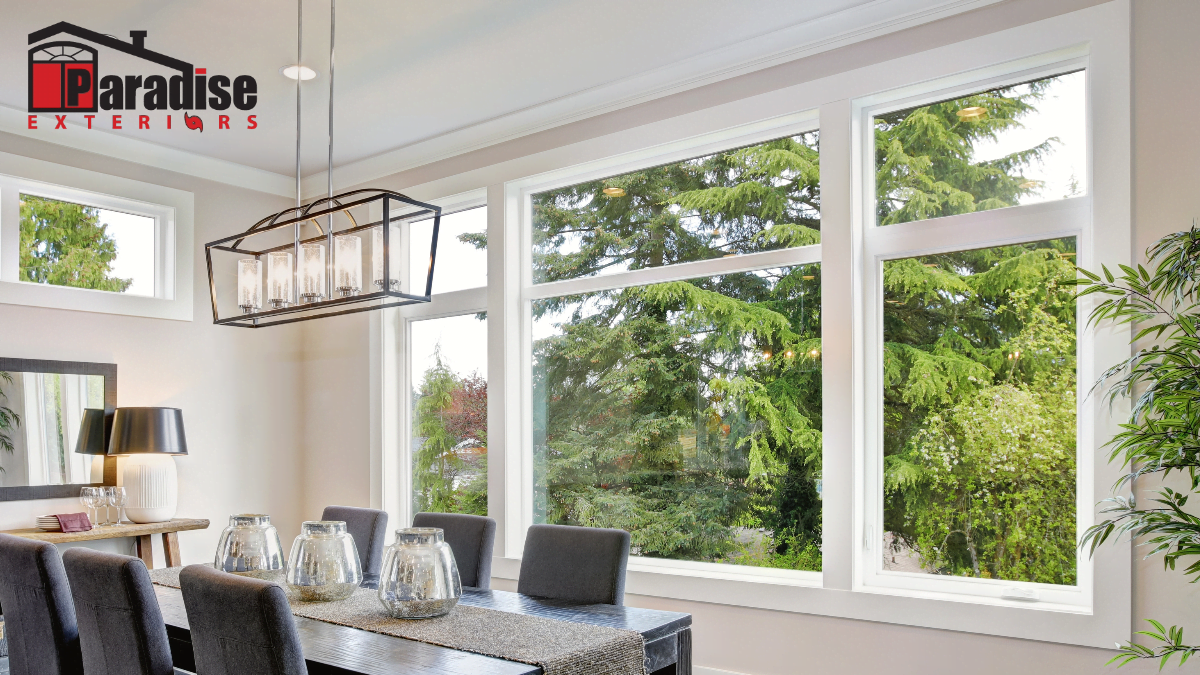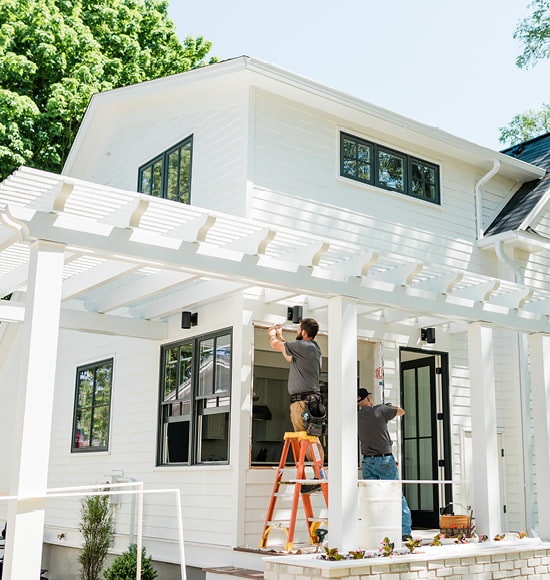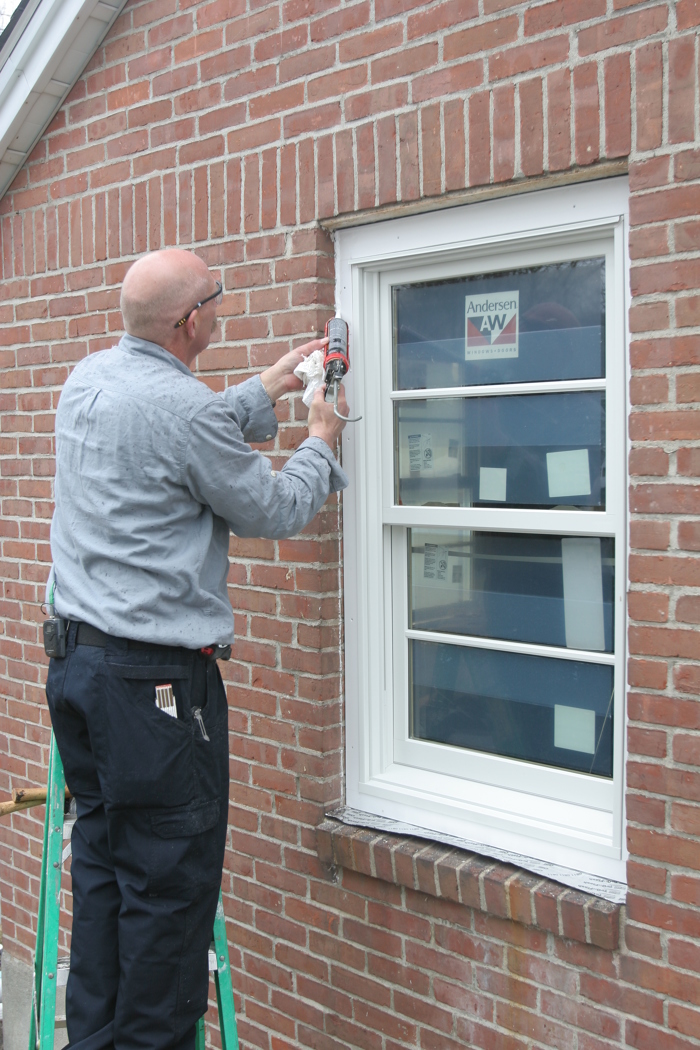Update Your Home with Houston Pella Windows Installation
Update Your Home with Houston Pella Windows Installation
Blog Article
Upgrade Your Home With Energy-Efficient Home Window Replacements
In the world of home renovation, the choice to upgrade to energy-efficient window substitutes can significantly impact both the functionality and visual appeals of a residence. Beyond the surface area degree of plain appearances, energy-efficient home windows use a wide range of advantages that go past simple curb allure.
Advantages of Energy-Efficient Windows

The setup of energy-efficient windows gives significant savings on energy bills while improving environmental sustainability. Energy-efficient windows are made to reduce heat loss and gain, decreasing the demand for home heating and cooling down systems to work overtime. By efficiently insulating the home, these home windows aid preserve a comfy indoor temperature year-round, resulting in reduced power consumption and reduced energy costs. In addition, energy-efficient windows can assist regulate moisture levels within the home, lowering the risk of mold and mildew and mildew development.
Past the monetary advantages, energy-efficient windows contribute to environmental sustainability by reducing carbon exhausts linked with energy production. By reducing power use, these home windows aid mitigate the environmental effect of illumination, cooling, and heating household rooms. This decrease in power intake plays a vital function in combating environment adjustment and advertising a greener future for generations to find. Generally, buying energy-efficient home windows not only enhances the comfort and effectiveness of a home but also aligns with environmentally mindful practices.
Sorts Of Energy-Efficient Glass
Different innovative kinds of energy-efficient glass offer distinct residential or commercial properties that accommodate various requirements and preferences in boosting the sustainability and effectiveness of structures. Low-emissivity (Low-E) glass is a preferred alternative developed to minimize the quantity of ultraviolet and infrared light that can pass through the glass, thereby lowering warmth transfer. This sort of glass helps preserve a consistent interior temperature, decreasing the need for heating or cooling down systems, and eventually lowering power expenses. Another ingenious option is spectrally careful glass, which allows visible light to go through while obstructing certain kinds of infrared radiation. This helps in preserving a comfy indoor setting while lessening warmth gain. Triple-pane glass, containing 3 layers of glass with protecting gas between them, supplies enhanced thermal insulation, making it extremely energy-efficient. Additionally, self-cleaning glass with a special layer that breaks down and loosens dust when exposed to sunshine can lower maintenance requirements and maintain windows looking tidy. Each kind of energy-efficient glass provides distinctive advantages, enabling home owners to select one of the most suitable option based on their certain needs and goals.
Factors to Consider When Choosing
When contemplating energy-efficient window replacements, it is critical to carefully analyze specific factors that align with your sustainability purposes and wanted power financial savings. One important aspect to think about is the window's energy performance rankings, such as the U-factor and Solar Warm Gain Coefficient (SHGC) The U-factor actions exactly how well the window insulates, with reduced numbers showing much better insulation, while the SHGC suggests the window's ability to Discover More obstruct warm from window leak repair sunlight. Additionally, the window framework material plays a substantial duty in energy efficiency. Products like fiberglass, vinyl, or wood with thermal breaks are excellent selections for minimizing heat transfer. An additional crucial consideration is the home window style and orientation worrying sunlight exposure. Picking the right home window style and purposefully putting them can optimize natural light while reducing heat gain or loss. Last but not least, setup quality is crucial to guaranteeing the home windows carry out as intended. Correct installation assists avoid air leak, ensuring optimum energy performance. By thoroughly reviewing these elements, you can pick energy-efficient home windows that improve convenience, decrease energy expenses, and profit the environment.
Setup and Upkeep Tips

Regular maintenance is essential to protecting the efficiency of your energy-efficient home windows. Evaluate the home windows occasionally for any type of indications of sealant, wear, or damage degeneration. Tidy the frameworks, tracks, and glass frequently utilizing light soap and water to eliminate dust and gunk that can impact performance. Examine the weather-stripping and seals for any type of gaps or rips and replace them if required to preserve the home windows' energy performance.
Additionally, lube moving parts such as locks and hinges to make certain smooth procedure. By complying with these installment and upkeep ideas, you can improve the power effectiveness of your home and lengthen the lifespan of your energy-efficient home windows.
Cost-Benefit Evaluation of Updating

Energy-efficient home windows are designed to decrease warm transfer, decreasing the requirement for home heating and cooling systems to burn the midnight oil. This can result in considerable cost savings on power costs, particularly in areas with severe temperature levels. Furthermore, energy-efficient windows can boost the general worth of your home, making it much more appealing to potential customers if you decide to sell in the future.
When computing the cost-benefit analysis, consider the possible cost savings on energy costs, any type of readily available rewards or discounts, and the life-span of the windows. While the initial expense might be higher, the lasting savings and advantages of energy-efficient windows make them a clever investment for home owners wanting to boost their building's energy performance and worth.

Verdict
In verdict, updating to energy-efficient home window substitutes supplies countless advantages such as lowered power consumption, enhanced comfort, and cost savings. By selecting the appropriate type of energy-efficient glass and considering factors like frame material and installment, home owners can take full advantage of the effectiveness of their home windows.
When considering energy-efficient window replacements, it is essential to meticulously analyze specific elements that line up with your sustainability goals and desired energy financial savings. The U-factor measures exactly how well the window insulates, with reduced numbers suggesting better insulation, while the SHGC shows the home window's capacity to block warm from sunlight. By carefully evaluating these aspects, you can choose energy-efficient home windows that enhance convenience, minimize energy prices, and benefit the environment.
While energy-efficient home windows might have a higher ahead of time cost contrasted to conventional home windows, the long-term benefits typically outweigh the preliminary financial investment.In conclusion, updating to energy-efficient window substitutes supplies many benefits such as minimized energy usage, increased convenience, and cost financial savings.
Report this page